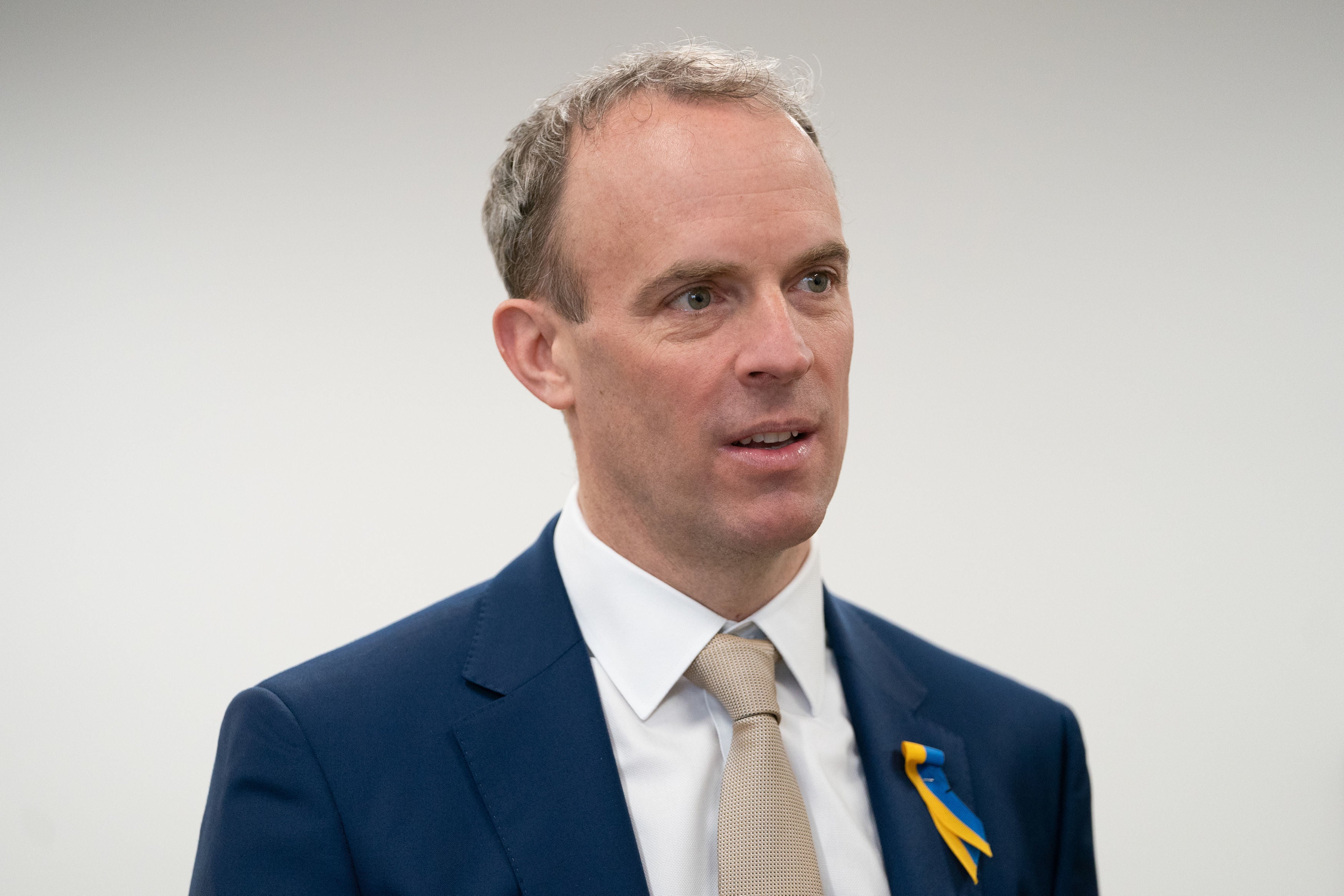UN experts say Bill of Rights could ‘undermine enjoyment of human rights in UK’
They have warned the proposed Bill could “fundamentally change the role and independence of UK courts”.

Your support helps us to tell the story
From reproductive rights to climate change to Big Tech, The Independent is on the ground when the story is developing. Whether it's investigating the financials of Elon Musk's pro-Trump PAC or producing our latest documentary, 'The A Word', which shines a light on the American women fighting for reproductive rights, we know how important it is to parse out the facts from the messaging.
At such a critical moment in US history, we need reporters on the ground. Your donation allows us to keep sending journalists to speak to both sides of the story.
The Independent is trusted by Americans across the entire political spectrum. And unlike many other quality news outlets, we choose not to lock Americans out of our reporting and analysis with paywalls. We believe quality journalism should be available to everyone, paid for by those who can afford it.
Your support makes all the difference.The Bill of Rights may undermine the enjoyment of human rights in the UK if adopted, in particular the rights to fair trial, UN experts have warned.
In a letter addressed to the UK Government, the special procedures of the Human Rights Council said the proposed Bill of Rights seeks to repeal and replace the Human Rights Act of 1998 “in a concerning manner”.
They argued some provisions contained in the Bill “may undermine the enjoyment of human rights in the United Kingdom of Great Britain and Northern Ireland (UK), including, in particular, the rights to fair trial, effective remedy, equality before the courts, equality before the law, and non-discrimination”.
The draft Bill of Rights was published and presented to the House of Commons in June, and it is due to receive its second reading on September 12.
In the letter the experts wrote: “In particular, if adopted, the draft Bill would fundamentally change the role and independence of UK courts by establishing a list of considerations and restrictions that UK courts must apply when adjudicating and interpreting the rights established in the European Convention of Human Rights (ECHR) and limiting the power of the UK courts to enforce ECHR rights.”
Responding to their analysis, Deputy Prime Minister and Justice Secretary Dominic Raab said: “We don’t accept these criticisms, which rest on a flawed understanding of the UK tradition of liberty, the importance of a clearer separation of powers, and the proper role of elected members of Parliament in determining any expansion in the scope of rights.
“We will be responding robustly in due course.”
The independent experts also said in the letter that they are concerned that the proposed Bill is “going back on the commitments undertaken by the UK when it ratified the European Convention on Human Rights”, but also, “on those commitments that relate to universal human rights instruments”.
They added: “In particular, we are concerned that if adopted as is, the Bill may be in violation of the rights to a fair trial, effective remedies, and equality before the courts, and it may be placing individuals in certain situations at risk of less human rights protection; and may also constitute a contravention of the Vienna Convention on the Law of Treaties.”
“Furthermore, we are concerned that it would significantly modify the enforcement of the European Convention on Human Rights in the UK, including the right of individuals in the UK to effective remedy for any violations thereof.
“We are worried that the draft Bill would therefore have a far-reaching systemic impact on the enjoyment of all ECHR rights in the UK, including, but not limited to, the right to a fair trial (ECHR article 6) and the freedom of peaceful assembly and association (article 11 ECHR).”
The experts asked the Government to provide any additional information and/or comment on their analysis.
They also asked for explanation on how the proposed Bill is compatible with the Government’s obligations under several articles of the International Covenant on Civil and Political Rights and the Universal Declaration of Human Rights.
The special procedures of the Human Rights Council are independent human rights experts with mandates to report and advise on human rights from a thematic or country-specific perspective.
They are non-paid and elected for three-year mandates that can be reconducted for another three years.